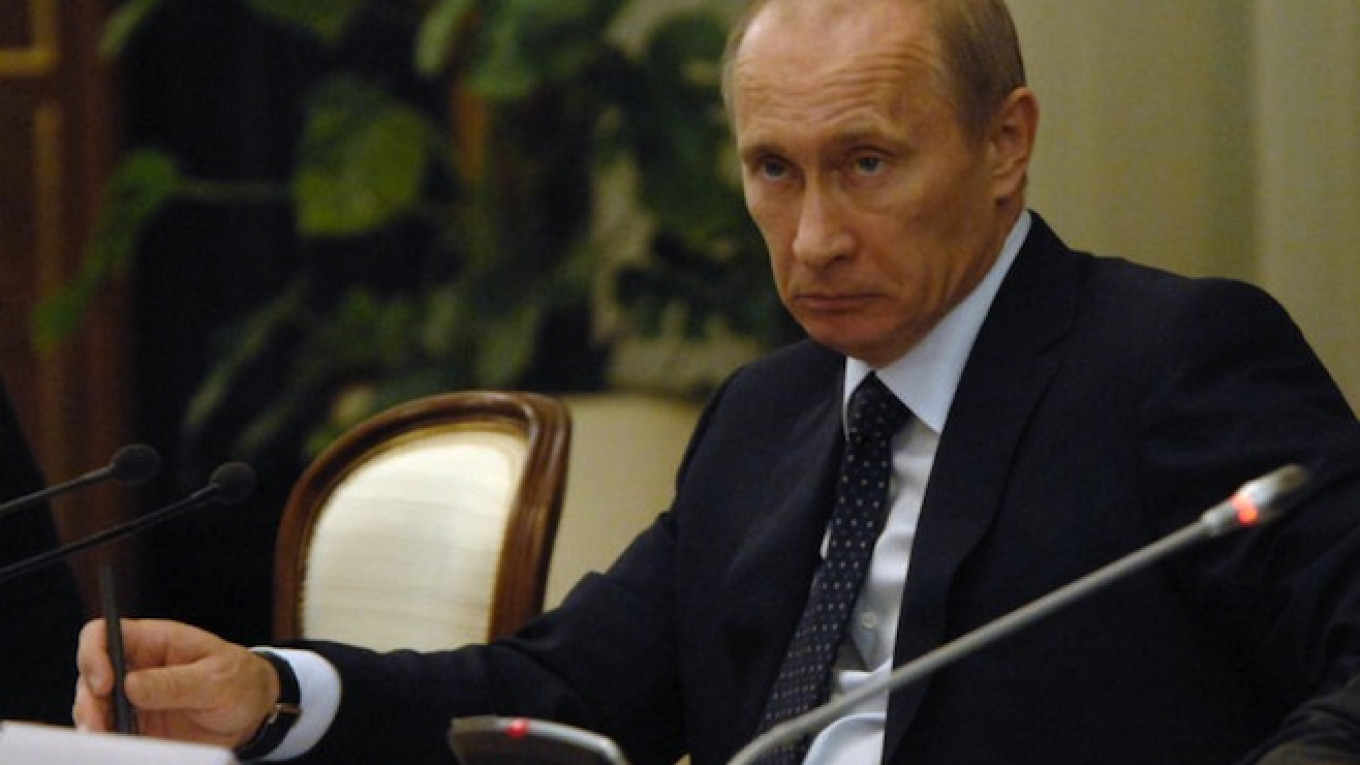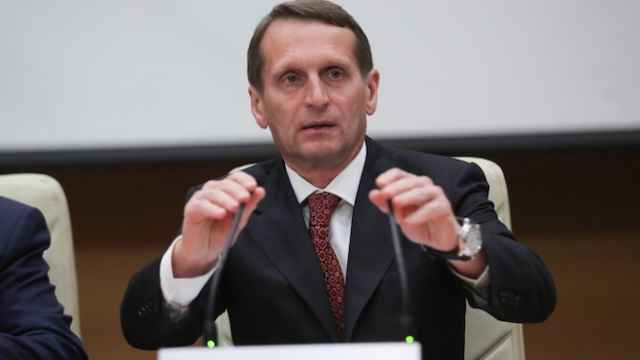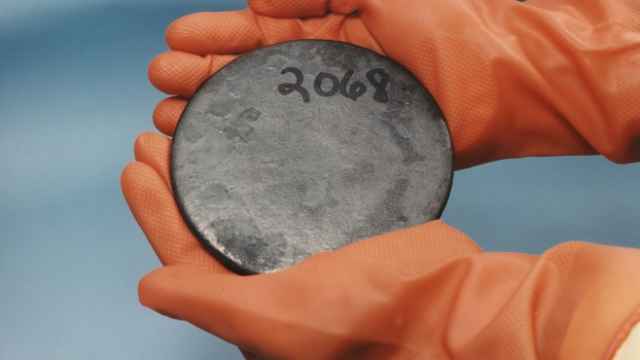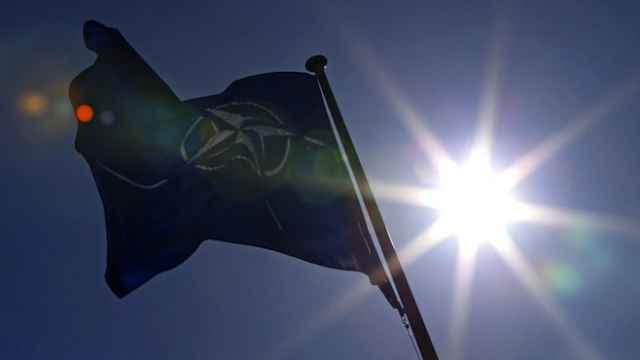A new appraisal names the United States as a threat to Russia's national security for the first time, a sign of how relations with the West have deteriorated in recent years.
The document, "About the Strategy of National Security of the Russian Federation," was signed by President Vladimir Putin on New Year's Eve. It replaces a 2009 version, endorsed by then-President Dmitry Medvedev, the current prime minister, which mentioned neither the United States nor NATO.
It says Russia has managed to heighten its role in solving global problems and international conflicts. That heightened role has caused a reaction by the West.
"The strengthening of Russia happened against a background of new threats to the national security, which has a complex and interrelated nature," the document says.
Conducting independent policy "both international and domestic" has caused "counteraction from the U.S. and its allies, who are striving to retain their dominance in global affairs." In turn, that is likely to lead to "political, economic, military and informational pressure" on Russia, the document says.
Relations between Russia and the West reached a low after Russian forces annexed the Crimean peninsula from Ukraine in March 2014, after protests in Ukraine forced its pro-Moscow president to flee to Russia.
Since then, the West has accused Russia of aiding insurgents in eastern Ukraine. Moscow denies actively assisting the rebels.
The United States and the European Union have since imposed wide-ranging sanctions against Russian individuals and companies. Moscow has reacted by restricting food and other goods from the EU.
The document says that the United States and the European Union have supported an "anti-constitutional coup d'etat in Ukraine," which led to a deep divide in Ukrainian society and a military conflict.
It also names the expansion of NATO as a threat to Russia's national security and said that the United States has expanded its network of military-biological laboratories in countries neighboring Russia.
The document, which serves as a basis for planning strategy related to national security by different state bodies, does not mention Syria. On Sept. 30, Russia began air strikes against anti-government rebels opposed to the regime of Syrian President Bashar Assad, a Russian ally.
A Message from The Moscow Times:
Dear readers,
We are facing unprecedented challenges. Russia's Prosecutor General's Office has designated The Moscow Times as an "undesirable" organization, criminalizing our work and putting our staff at risk of prosecution. This follows our earlier unjust labeling as a "foreign agent."
These actions are direct attempts to silence independent journalism in Russia. The authorities claim our work "discredits the decisions of the Russian leadership." We see things differently: we strive to provide accurate, unbiased reporting on Russia.
We, the journalists of The Moscow Times, refuse to be silenced. But to continue our work, we need your help.
Your support, no matter how small, makes a world of difference. If you can, please support us monthly starting from just $2. It's quick to set up, and every contribution makes a significant impact.
By supporting The Moscow Times, you're defending open, independent journalism in the face of repression. Thank you for standing with us.
Remind me later.






